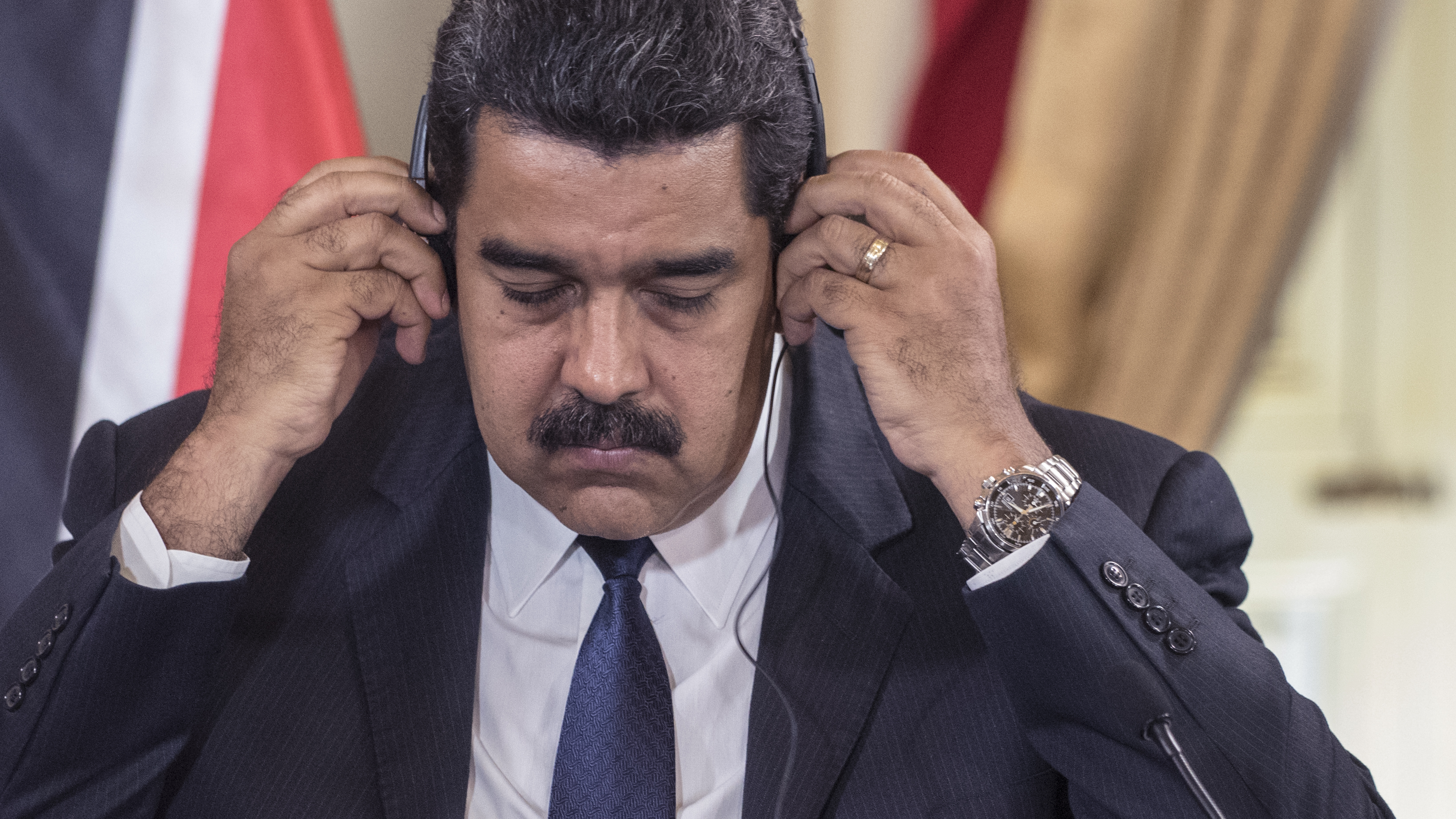Zivotofsky II as Precedent in the Executive Branch
The November issue of the Harvard Law Review is out, with the Foreword by David Strauss, essays by Abbe Gluck on King v. Burwell and Kenji Yoshino on Obergefell v.
Published by The Lawfare Institute
in Cooperation With

The November issue of the Harvard Law Review is out, with the Foreword by David Strauss, essays by Abbe Gluck on King v. Burwell and Kenji Yoshino on Obergefell v. Hodges, and the law students’ Leading Cases of the OT 2014 Term. There are also related response essays in The Forum by Richard Fallon, Larry Tribe, and Richard Posner, the latter of whom maintains that "politics and consequences are the major drivers” of statutory interpretation, and that “the superstructure of doctrine and scholarship that dominates judicial and academic discussion of statutory interpretation is largely superfluous to an understanding of what judges do when they ‘interpret’ statutes.”
I have an essay in the issue as well, called Zivotofsky II as Precedent in the Executive Branch. The essay moves in two parts. The first is a critical look at the Court’s analysis of independent and exclusive Executive power:
Zivotofsky II is the most important Supreme Court decision ever on the sources and scope of the President’s independent and exclusive powers to conduct foreign relations — powers that fall in Justice Jackson’s Youngstown Categories Two and Three, respectively. The Court provided novel guidance on these issues in the course of upholding for the first time “a President’s direct defiance of an Act of Congress in the field of foreign affairs,” as the Chief Justice said in dissent. Its analysis made a mess of Justice Jackson’s third category in Youngstown, revived a functional approach to exclusive presidential power that many scholars thought was dead, and left Congress’s legislative power related to diplomacy and foreign affairs in an uncertain but probably shrunken position. These and other elements of the analytically promiscuous decision will influence separation-of-powers disputes far beyond the recognition context.
I go on to argue in Part II, however, that Zivotofsky II’s influence will be felt “primarily in the executive branch rather than in courts.”
Zivotofsky II is the rare case in which the Supreme Court addresses a clash between the political branches concerning foreign relations. Executive branch lawyers, by contrast, address such clashes all the time. Until Zivotofsky II, these lawyers had to rely on shards of judicial dicta, in addition to executive branch precedents and practices, in assessing the validity of foreign relations statutes thought to intrude on executive power. But now they have a Supreme Court precedent with broad arguments for presidential exclusivity in a case that holds that the President can ignore a foreign relations statute. One can read Zivotofsky II narrowly, and future courts might do so if given the chance. But executive branch lawyers, who are governed by different principles and incentives than judges, won’t read the decision narrowly. They will read it generously in favor of the President in resolving everyday foreign policy disputes between the political branches. In this respect, Zivotofsky II is a reminder that the impact of a Supreme Court decision depends very much on the institution that interprets and applies it.
After explaining the many ways I think Executive branch lawyers will use Zivotofsky II to expand presidential power, my essay concludes:
Justice Jackson’s concurrence in Youngstown is a penetrating reflection on presidential power even if it has not been easy to operationalize as constitutional doctrine. Justice Jackson’s insights about the “practical advantages and grave dangers” of executive power were deeply informed, he implied in the first sentence of the opinion, by his service “as legal adviser to a President in time of transition and public anxiety.” As President Roosevelt’s Attorney General in the run-up to World War II, Justice Jackson wrote opinions upholding broad assertions of presidential power. At the Youngstown oral argument, Justice Jackson acknowledged that he “claimed everything” on behalf of the President while in the executive branch, and he noted that the “custom . . . did not leave the Department of Justice when [he] did.”
This essay has avoided a normative assessment of this continuing custom, and has instead tried only to understand its consequences. One consequence, I have argued, is that the executive branch in its many foreign policy disputes with Congress will significantly magnify the impact of Supreme Court decisions that favor presidential power. This is an important lesson not just for scholars but for the Court as well. The Justices in the Zivotofsky II majority appeared to believe that they could arbitrarily limit the opinion’s untidy reasoning and otherwise very broad implications with some caveats about the limited scope of the holding and paeans to the breadth of Congress’s Article I powers in the field of foreign affairs. This strategy (if it is that) overlooks that the “law” of Zivotofsky II will largely be written not by the Court, but by executive branch lawyers who will interpret its pro-executive elements for all they’re worth. It is no accident that the three dissenting Justices who characterized Zivotofsky II as a “perilous step” or a decision that “will erode the structure of separated powers” all (like Justice Jackson) served previously in roles providing legal advice to the President.




